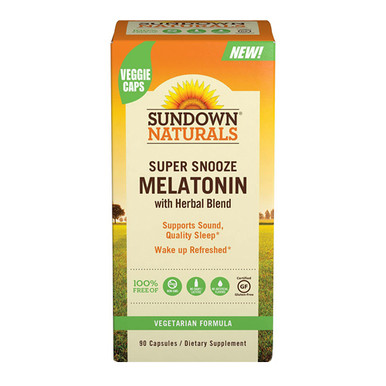

The body diverts blood away from other parts of the body to the digestive tract, which can leave us feeling low energy. Our over-full plates could also contribute to post-feast fatigue. The major boost in insulin released to manage that blood sugar can cause an overcorrection, leading to low blood sugar levels and tiredness. The high intake of rapidly digested carbohydrates (e.g., white potatoes, stuffing, sugary desserts) at most Thanksgiving meals increases blood sugar quickly. Post-meal malaise is more likely due to other factors. But many protein-rich foods, including chicken, fish, soybeans, and some cheeses, contain as much or more tryptophan by weight than turkey, yet don’t have the same reputation for inducing sleepiness. Turkey contains tryptophan, an amino acid that helps the body produce serotonin, which is involved in regulating sleep cycles. We’re taking on-and debunking-five Thanksgiving feast un-truths. If you blame the turkey for your after-dinner snooze or feel you’ve ruined your healthy diet by splurging on pumpkin pie, it’s time to set things straight. Thanksgiving is steeped in the comfort and familiarity of traditional foods-turkey and gravy, stuffing, cranberry sauce-as well as a few time-worn misconceptions. Sweet dreams.The feast that officially kicks off the holiday season is almost here. But those are for another day, another article. There are a plethora of other foods, herbs, supplements, teas and tinctures that may help with sleep. Overeating can negate your effort, adding to the sleep struggle.įinally, this list is not complete. And although these are healthy foods, don’t overdo it.

You still have to practice good sleep hygiene.

These foods won’t magically put you to sleep. Try yogurt with fresh berries topped with nuts or seeds for dessert. Greek yogurt might help you catch a few more zzz’s too since it’s is a good source of magnesium. Sip tart cherry juice before bedtime or add dried tart cherries to a green or grain salad or chew a few after dinner. One study found that people with insomnia who drank tart cherry juice once in the morning and again at night slept an hour longer on average and experienced better sleep quality, too. Tart cherries are a natural source of melatonin, the hormone that helps regulate sleep cycles. Try salmon skewers with couscous for a savory and satisfying combo to set you up for slumber. is the worst, salmon is an excellent source of protein to keep you feeling satiated throughout the night. (Chickpeas and yellowfin tuna are also brimming with B6.) Because waking up hungry at 3 a.m. Salmon is a top source of vitamin B6, which plays a critical role in sleep hormone production. Add toasted walnuts or almonds to rice pilaf at dinner or enjoy a few nuts before bed. Walnuts also have magnesium and are a natural source of melatonin. Enjoy kiwi simply scooped with a spoon or slice it up for a sweet, tart nighttime treat.Īlmonds and cashews are other good sources of muscle-relaxing magnesium. They also got better quality sleep and slept an hour longer on average. One small study found that eating two kiwis an hour before bed helped people fall asleep faster. This fuzzy little fruit may be a quick ticket to dreamland. Try a vegetarian chili or lentil salad at dinner or a handful of roasted chickpeas for a nighttime snack. If Restless Leg Syndrome (RLS) is keeping you up, getting adequate magnesium as well as iron may be particularly helpful. Pulses are an excellent source of magnesium, which has been shown to help ease anxiety and enhance sleep in those who are running low on this mineral. Try a dollop of almond butter on a banana for a sweet, nutty bedtime snack. Bananas do double duty as a source of magnesium and carbs to help with sleep.

Here are seven foods that may help with sleep:Ĭarbohydrate-rich foods like bananas start a cycle to help the body make serotonin, the neurotransmitter that helps you feel more relaxed and calm.


 0 kommentar(er)
0 kommentar(er)
